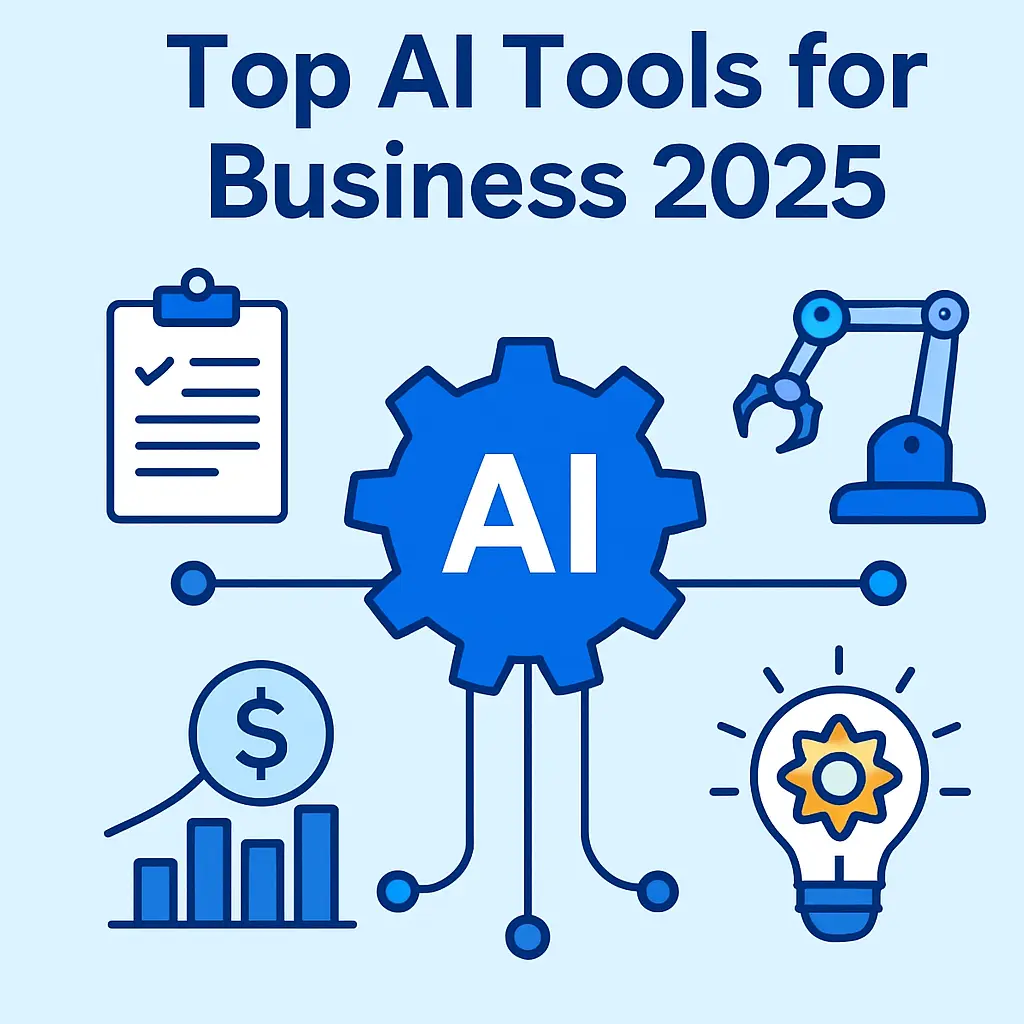Introduction
In 2025, businesses are increasingly turning to AI-powered personalization to enhance customer engagement, streamline operations, and drive growth. This approach leverages artificial intelligence to tailor experiences, products, and services to individual customer preferences, behaviors, and needs. As consumer expectations evolve, companies that adopt AI-driven personalization strategies are better positioned to thrive in a competitive marketplace.
The Rise of AI-Powered Personalization
Artificial intelligence has made significant strides in recent years, enabling businesses to analyze vast amounts of data and gain insights into customer behavior. Machine learning algorithms can process this data to identify patterns and predict future actions, allowing companies to deliver personalized experiences at scale. According to a report by Adobe, 65% of senior executives identify leveraging AI and predictive analytics as primary contributors to growth in 2025.
Enhancing Customer Engagement
AI-powered personalization allows businesses to engage customers in meaningful ways. By analyzing browsing history, purchase behavior, and social media interactions, companies can deliver targeted content and recommendations that resonate with individual customers. This approach not only improves customer satisfaction but also increases conversion rates and loyalty.
Streamlining Operations
Beyond customer engagement, AI personalization can optimize internal operations. Automated systems can manage inventory, forecast demand, and adjust pricing strategies in real-time based on customer data. This leads to more efficient resource allocation and reduced operational costs.
Overcoming Challenges
While the benefits of AI-powered personalization are clear, businesses must navigate several challenges. Data privacy concerns are paramount, as customers are increasingly aware of how their information is used. Companies must ensure transparency and implement robust security measures to maintain trust. Additionally, integrating AI solutions into existing systems can be complex and requires significant investment in technology and training.
The Future Outlook
Looking ahead, AI-powered personalization is expected to become even more sophisticated. Advancements in generative AI and natural language processing will enable more dynamic and context-aware interactions with customers. Businesses that embrace these technologies and adapt to changing consumer expectations will be well-positioned to lead in the digital age.
Conclusion
AI-powered personalization is transforming the business landscape in 2025. By leveraging artificial intelligence to understand and anticipate customer needs, companies can deliver tailored experiences that drive engagement and growth. However, to fully realize the potential of AI personalization, businesses must address challenges related to data privacy, system integration, and ethical considerations. As technology continues to evolve, those who innovate and adapt will shape the future of business.
















Hello, I enhoy reading through yyour post. I
wanted to writre a little comment to suport you.